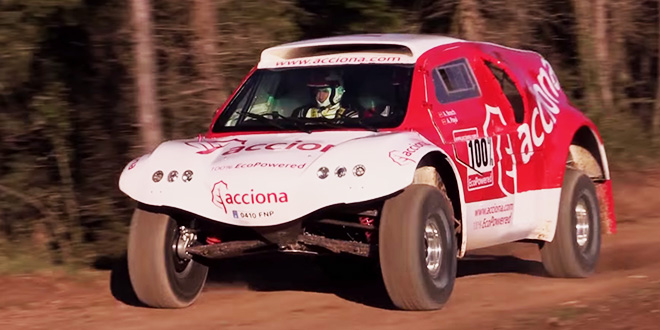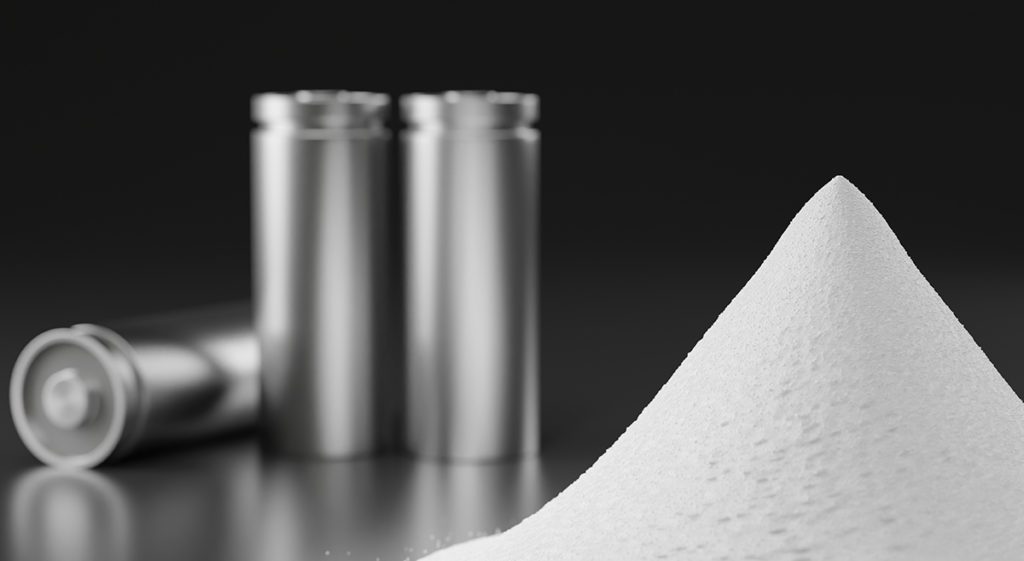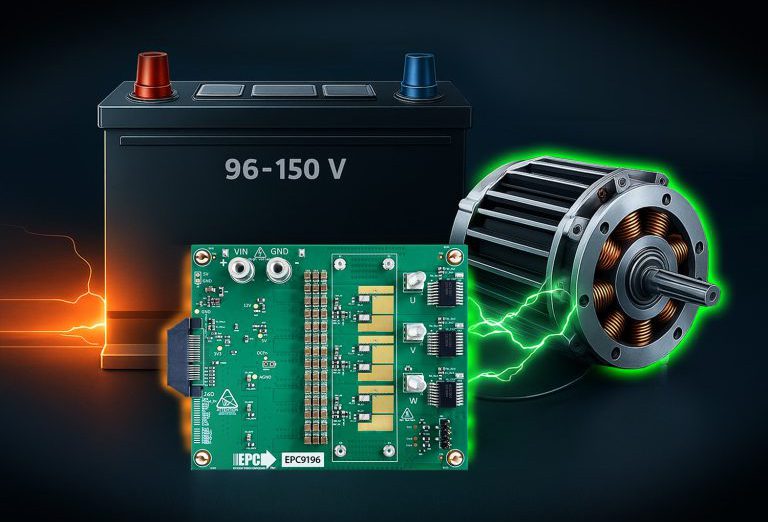A race team sponsored by the Spanish renewable energy firm ACCIONA will be the first to enter a pure EV in the Dakar Rally, which begins the 4th of January in Buenos Aires. Drivers Albert Bosch and Agustín Payá will drive a custom-built EV in the 9,000-kilometer rally raid.
The Dakar Rally was first run in 1978 from Paris to Dakar, Senegal. Since 2009, it has taken place in South America. An off-road endurance race that traverses grueling terrain such as sand dunes, mud, rocks, and grasslands, covering up to 900 kilometers per day, it’s surely one of the world’s top challenges for both man and machine.
The Latvian built OSCar eO, a series hybrid, was the first electrified car to finish the rally, in 2012.
Tough tests are nothing new to Albert Bosch, who has climbed the seven highest peaks in the world, crossed Antarctica solo. This will be his ninth appearance in the Dakar rally.
“We don’t want to repeat or improve on something that many others have already done – we’re going for something that’s never been done before,” Bosch told the Spanish sports magazine Marca. “There’s a higher risk of failure, and many people will criticize us, saying that it’s impossible, and that we don’t have everything under control. But if we’re missing one of these elements, it means that we aren’t really doing anything new and different.”
SEE ALSO: EV West and partners build electric off-road Baja racer
The car was developed over the course of two years by a team of over 20 people. Built on a chrome-moly tubing chassis with carbon fiber bodywork, it weighs in at 2,550 kg. The powertrain: an 80 kg synchronous electric motor with 220 kW (300 hp) of power and 700 Nm of torque; a set of four removable Li-ion battery packs with a total capacity of 140 kWh; and a system of solar panels that power telemetry and security systems.
The car is expected to have a range of 350 km in race conditions, which should be enough to cover most of the stages. The team expects to be able to switch battery packs during the race. Maximum speed is electronically limited to 150 km/h. Energy consumption is expected to be between 20 and 45 kWh/100 km, depending on the terrain.
Sources: Electric Autosport, Marca, Electric Vehicles Research


















































































